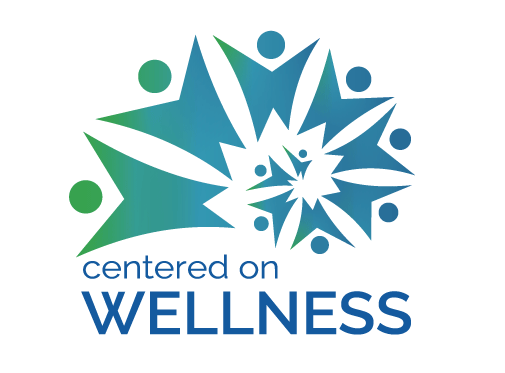As we discussed in our last wellness blog, stress can result in an impaired immune response. We are our healthiest in a stable environment, these changing times are particularly unsettling to our physiology. It is important to actively support and nourish your body properly in this time. Carb and sugar cravings are a result of elevated cortisol levels. Use crunchy vegetables to feed those cravings, the action of chewing will help your body vent some of its stress and use up calories. Eating green leafy vegetables, fruits seeds and nuts can help you replace important minerals like magnesium, zinc, and selenium.
The mineral magnesium is a key element in over 600 enzymatic processes which occur inside our cells. Magnesium is mostly used inside a cell. A standard lab test which measures what’s outside the cell may not accurately reflect how much Magnesium is available for use. Low Magnesium is common. Why? Two reasons – our food is grown in soil which has less magnesium than 50 years ago. Secondly many commonly prescribed medications deplete magnesium. These medications include diuretic high blood pressure meds, anti-reflux medications, birth control pills, and some antibiotics. It would be important if you take medications in these categories to monitor yourself for symptoms of low magnesium and report them to your doctor. Some symptoms include muscle cramps, headaches, constipation, and occasionally trouble swallowing. You may ask your doctor to check a RBC magnesium which measures how much magnesium is in your cells. You want your magnesium to be high normal. Magnesium is also depleted more rapidly in times of stress. Low magnesium is associated with elevated blood pressure and irregular heartbeats. Magnesium is key to relaxing restful sleep. Magnesium also plays an important role in your body managing insulin and, in your body’s, making and using of vitamin D, the sunshine vitamin. More on that later. Magnesium helps muscles relax – this includes the small muscles in your arteries and heart, that’s why symptoms of low magnesium can include hypertension and irregular heart. This becomes a vicious cycle, the more stress your body experiences, the more magnesium it uses and the less magnesium that you have, the more your body gets stressed.
So how much should you take as part of your stress management protocol? Unless you have kidney disease, you could easily benefit from an additional 400 -600 mg of magnesium daily. Your body can guide how much you take and what kind works best for you. If sleep is an issue, then start with 400 mg prior to bedtime. If you are having muscle cramps, you may find increasing the amount to 600-800 mg brings you relief. For those of you who tend to be constipated, magnesium will make you more regular. On the other hand, if you tend to run a little “loose”, then try a special form of magnesium, Magnesium glycinate. Another special form of magnesium, magnesium threonate has been shown to cross the blood brain barrier, so would better benefit those who find that their anxiety or depression issues are being exacerbated by our current state of affairs. For those who don’t like taking pills including children, old fashioned Epsom salts which is magnesium sulfate can be used for a foot soak or bath and the magnesium will be absorbed through the skin. Foods like teas, dark chocolate, bananas and salmon are magnesium resources. It is important to remember when supplementing that all these mineral and vitamins work in concert and that is why our Creator gave us food which has nutrients in complexes bundled together. Most of us would prefer to get what we need from food especially if that involves dark chocolate!

